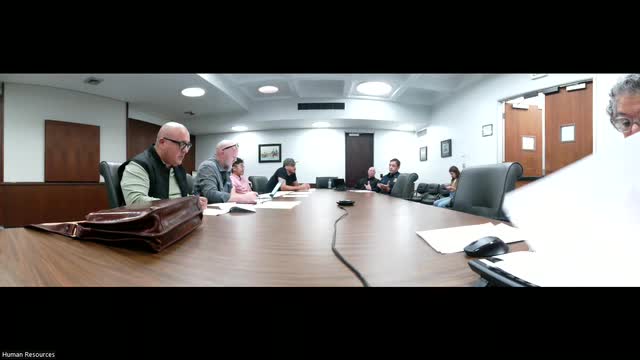Article not found
This article is no longer available. But don't worry—we've gathered other articles that discuss the same topic.
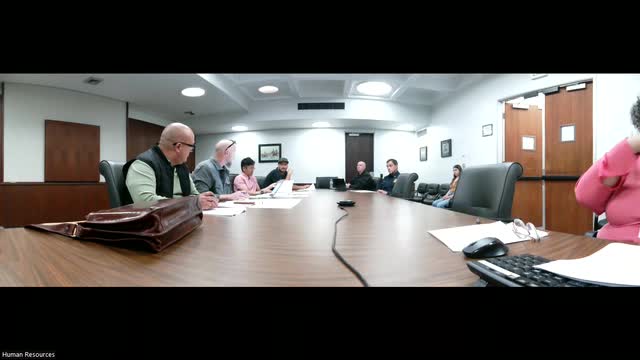
National City Civil Service Commission files personnel report; approves several job classification revisions, defers recreation coordinator
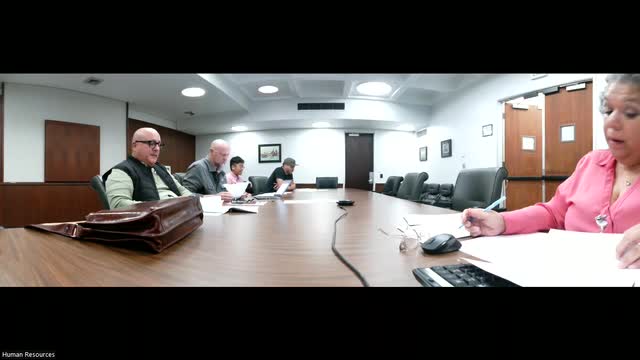
Commission renames City Librarian to Director of Library Services, updates job description
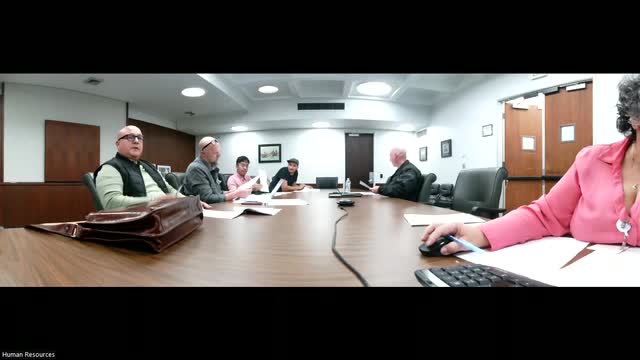
Commission defers recreation program coordinator classification; requests interim director attend July meeting
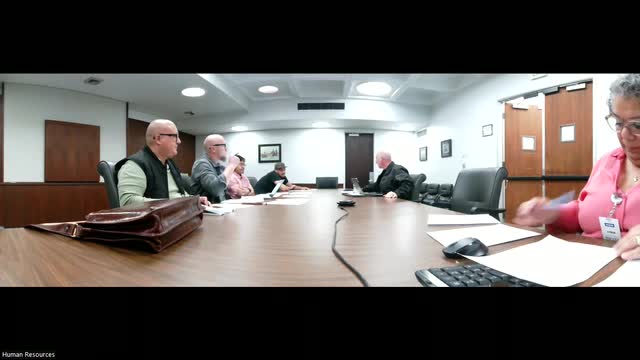
Police department revises records supervisor description to reflect PRA and body-camera duties
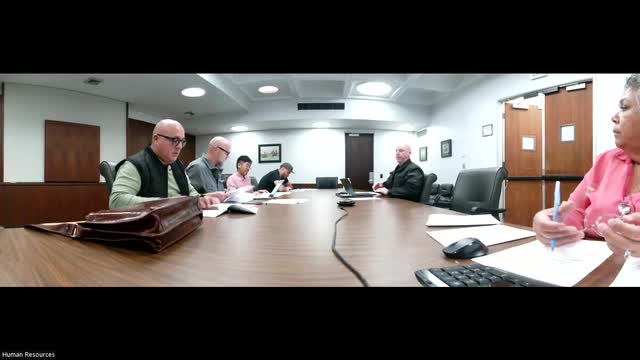
Commission creates Senior Crime and Intelligence Analyst classification; department outlines data and intelligence duties
